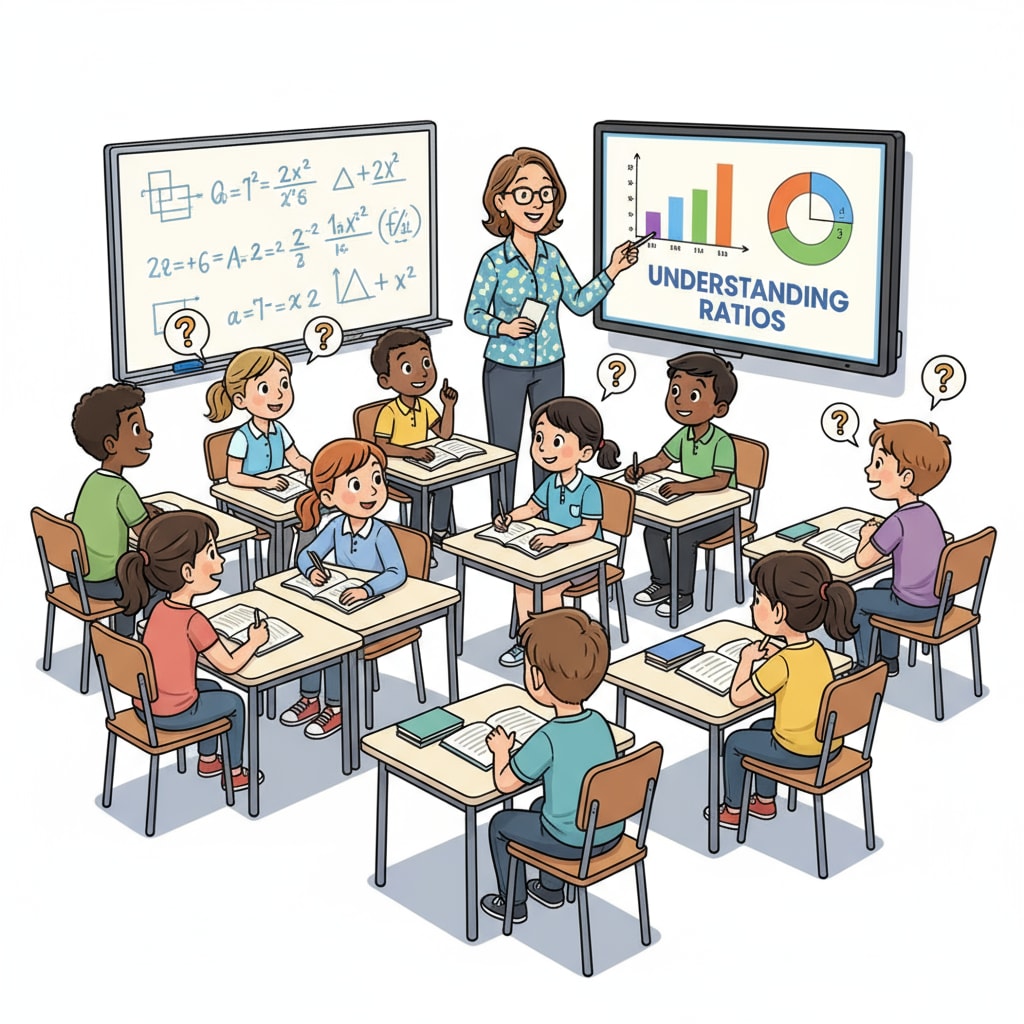Math teachers, career planning, and education level selection are crucial considerations for mathematics majors aspiring to enter the teaching profession. If you’re a math enthusiast with a passion for imparting knowledge, this article will serve as your guide to navigating the path towards becoming an outstanding math teacher.

Understanding Different Education Levels
Before embarking on your teaching journey, it’s essential to understand the characteristics and requirements of different education levels. Elementary school teaching focuses on building a solid foundation in basic math concepts. Teachers at this level need to use engaging and interactive methods to make learning fun for young students. For example, incorporating games and hands-on activities can help children grasp concepts like counting and simple arithmetic. According to National Education Association resources, elementary math teachers play a vital role in shaping students’ early attitudes towards math.

Secondary School Teaching: A Different Ballgame
As you move up to secondary school teaching, the focus shifts to more complex mathematical concepts and problem-solving skills. Students at this level are preparing for standardized tests and future academic pursuits. Teachers need to have a deep understanding of the curriculum and be able to explain abstract concepts clearly. In addition, they must also help students develop critical thinking and study skills. For instance, when teaching algebra, teachers can use real-life examples to make the subject more relatable. Education Week articles often discuss the latest trends in secondary math education.
At the post-secondary level, teaching involves not only in-depth subject knowledge but also research and academic contributions. Professors are expected to guide students in advanced mathematical studies and may be involved in research projects. This requires a high level of expertise and the ability to mentor students in their academic and professional development.
Choosing the Right Minor
Selecting an appropriate minor can enhance your teaching skills and make you a more well-rounded educator. For math teachers, a minor in education can provide valuable insights into teaching methodologies, classroom management, and educational psychology. This knowledge will help you better understand your students’ needs and design effective lessons. Another option is to minor in a related field such as computer science. Given the increasing use of technology in math education, skills in programming and data analysis can be a great asset. It allows you to incorporate innovative teaching tools and methods into your classes.
Readability guidance: By understanding different education levels and making smart choices about minors, you are on the path to becoming a successful math teacher. Remember to use a variety of teaching methods and stay updated with the latest educational trends. This will ensure that you can engage your students and help them achieve their full potential in mathematics.


